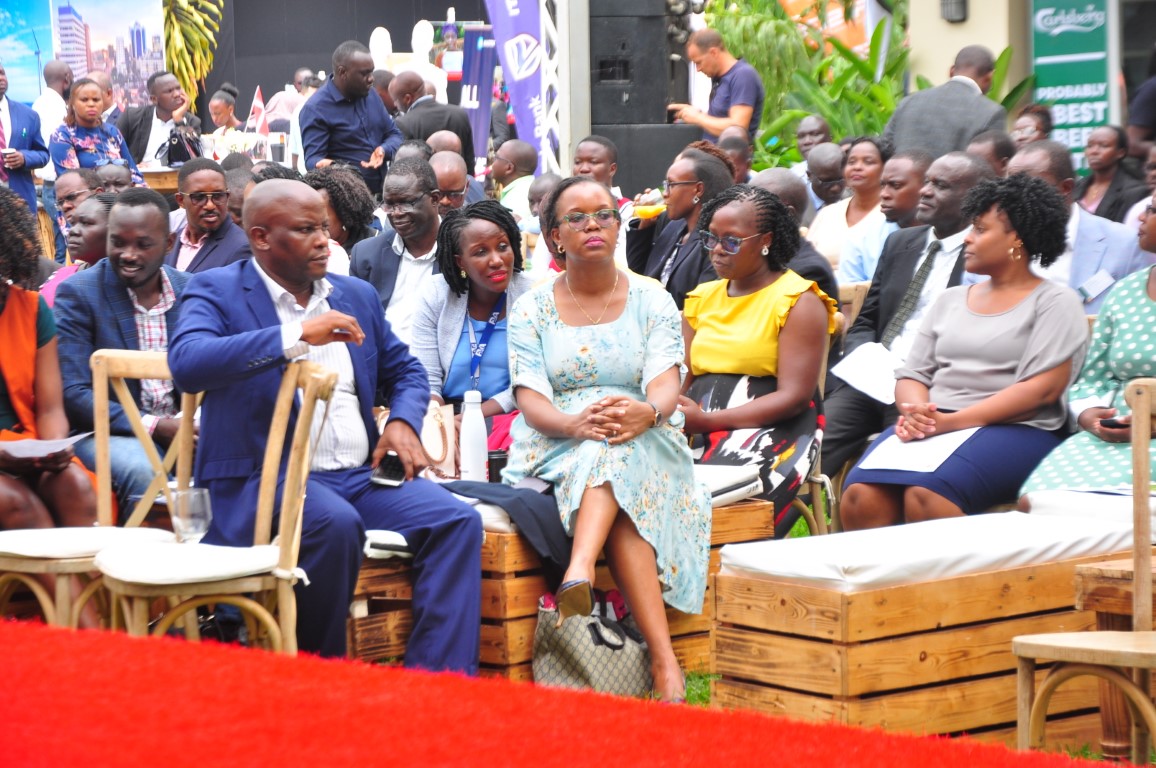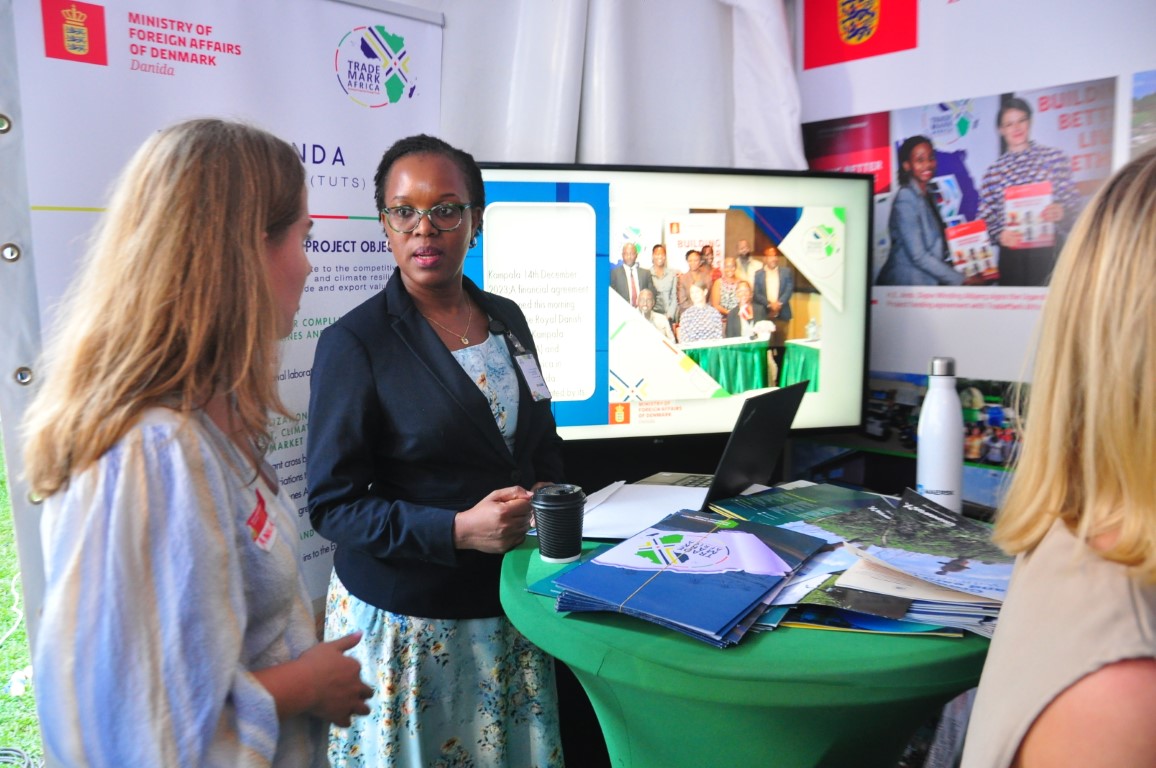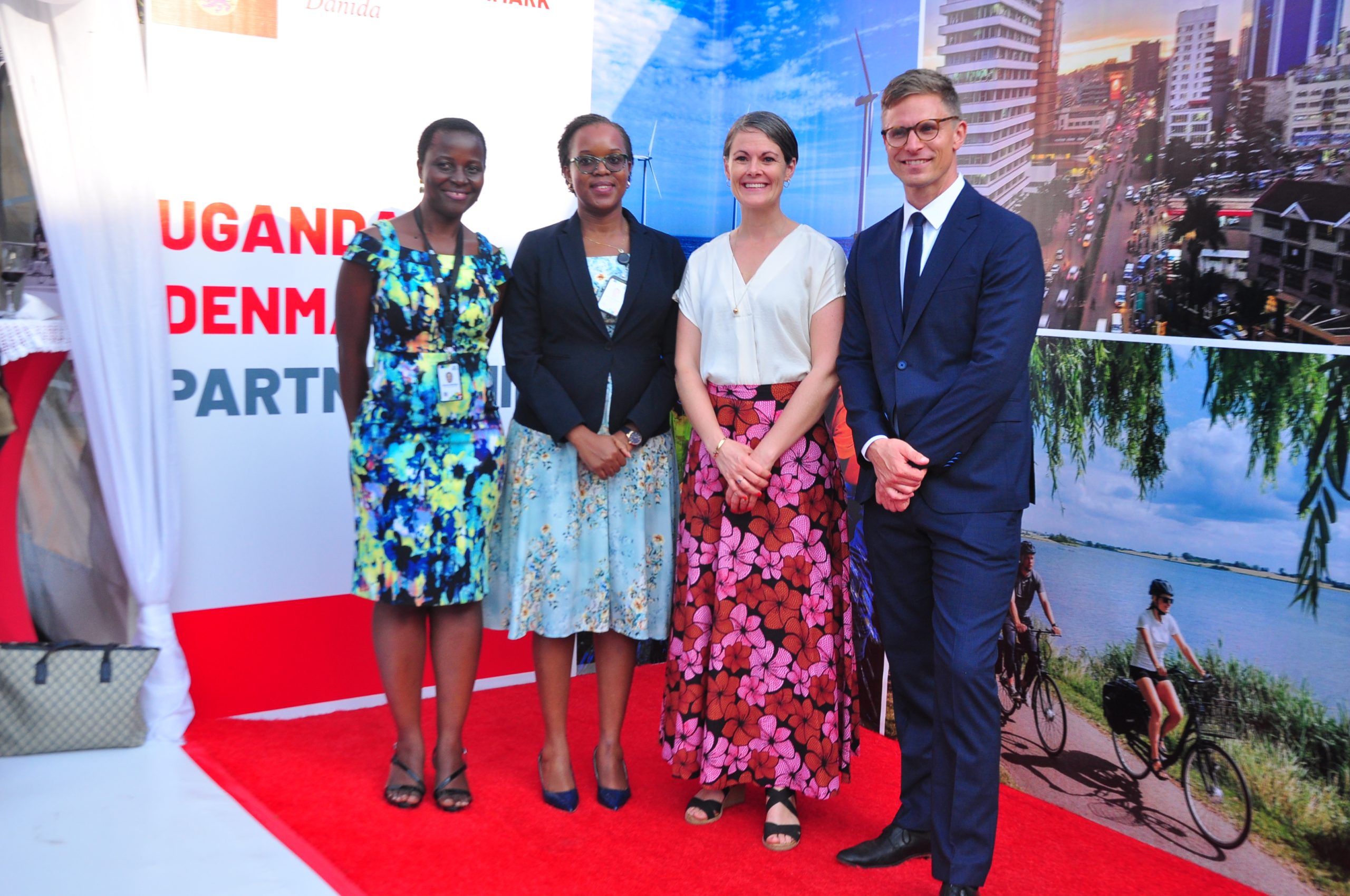Kampala, Uganda, 13 June 2024: The Royal Danish Embassy in Kampala, Uganda, yesterday hosted all its Ugandan partners, including TradeMark Africa (TMA), for the Uganda – Denmark Partnership Day. The event which officially launched the new Danish bilateral programme in Uganda (2024-2028) was held at the residence of the Danish Ambassador to Uganda, Her Excellency Signe Winding Alberg, who was joined by TMA Uganda Country Director, Anna Nambooze, and various representatives drawn from the public and private sectors.
Denmark, has over the past 13 years, supported TMA’s wide ranging trade facilitation programmes delivered through state and non-state actors, as a pathway for an improved business environment, economic growth, and better livelihoods for communities.

Since 2010, TMA, with the support from partners such as Denmark, has facilitated initiatives that have contributed to reductions in the cost and time taken to trade across borders and along key transport routes in Eastern Africa, with many of the gains felt by Ugandan businesses. For example, the time to transport a container from Mombasa to Kampala reduced by a third between 2017 and 2021. Denmark’s support for the implementation of the Uganda Electronic Single Window (UeSW), a digital platform for administering import and export documents by streamlining processes for 26 trade related government agencies, has helped slash time and transactional costs. For instance, transaction costs for international traders decreased by a cumulative $26.4 million in 2021 alone. Transaction costs for linked government agencies fell by 45% from $68 to $37.1, with a 79% trade time reduction.
Through TMA, Denmark supported the decentralisation of Uganda National Bureau of Standards (UNBS) food and non-food lab testing services to Mbale (eastern Uganda), Gulu (northern Uganda) and Mbarara (southwestern Uganda). This has promoted the ease of doing business for small and medium-sized enterprises (SMEs), improved their competitiveness and provided them with the impetus to comply with international standards, thereby resulting in a decline in the sale of both counterfeit products and aflatoxin infested foods. The labs have reduced testing time from 25 to about 14 days.

Denmark’s support also included implementing measures to enhance safety for truck drivers and the business community during COVID-19 as part of the Safe Trade initiative and establishing Integrated Border Management (IBM) systems at Ntoroko and Goli One-Stop Border Posts (OSBPs). Part of the on-going support entails developing the Elegu Cross Border market which will primarily benefit women traders, youth, and persons with disability (PWDs). The market’s design integrates climate-proofing measures to safeguard users and surrounding communities from the recurrent threat of climate-change induced flooding.
Amb. Alberg explained that the funds will support climate change mitigation and green transition. This resonates with the new support agreement signed between TMA in Uganda and the Royal Danish Embassy (2024-2028) which will among others support the following:
- Construction of a climate proof and gender and disability responsive border market in Elegu. This will enhance trade in the region and enable adaptation to extreme weather conditions.
- Facilitate the accreditation of the three UNBS decentralised testing labs. This will reduce the turnaround time and cost of testing samples of products for export.
- Convene actors and support work on the new EU Deforestation Regulation, which possess a challenge to the private sector especially those in the coffee and cocoa sector, and;
- Support green and sustainable production feasibilities and masterplans for identified Free Zones which produce for export.















